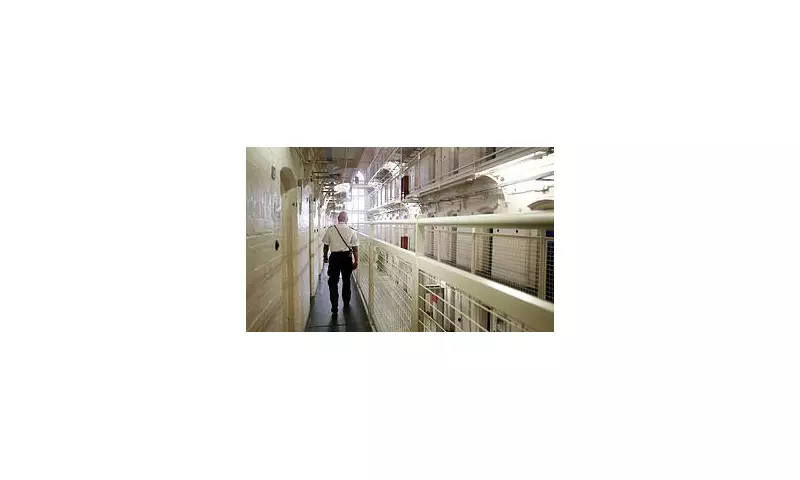
Scotland's Prisons Hit Breaking Point as Foreign National Population Rises
Scotland's prison system is facing an unprecedented crisis, with the average daily inmate population reaching its highest level in over half a century. New official statistics reveal that nearly one in ten criminals jailed last year were not British nationals, highlighting a significant shift in the demographic behind bars.
Record Numbers and Shifting Demographics
The Scottish Government's data shows the average daily prison population for 2024-25 stood at 8,213, surpassing the previous record of 8,198 set in 2019-20. This figure represents the largest prison population since records began in 1970, when it was just over half the current size at 5,003 inmates.
More strikingly, the proportion of foreign nationals in Scottish prisons has nearly doubled in recent years, increasing from 5 per cent in 2017-18 to 9 per cent in 2024-25. In concrete numbers, this translates to 1,506 foreign prisoners last year, up from 1,389 the previous year, out of a total of 15,792 individuals who spent time in custody.
The data reveals particularly sharp increases from specific global regions. The number of inmates from Asia saw a dramatic 57 per cent rise, jumping from 173 to 272. African nationals in Scottish prisons increased by 30 per cent, from 137 to 178, while those from the Middle East rose by 13 per cent, from 87 to 98.
Political Fallout and Early Release Schemes
The soaring numbers have triggered intense political debate and forced the Scottish Government to implement emergency measures. To combat severe overcrowding, ministers have initiated three early release schemes, with one currently operational.
On November 11, the same day the prison population hit a new daily record of 8,441, the first tranche of 139 prisoners was released under these emergency powers. This controversial approach has sparked significant concerns about public safety, with prison governors having previously vetoed the early release of dozens of inmates on safety grounds.
Scottish Tory justice spokesman Liam Kerr condemned the situation, stating: "The SNP's knee-jerk response to Scotland's prison crisis simply hasn't worked. We have repeatedly called on the Nationalists to work with the Home Office to deport every foreign criminal that is currently housed in a Scottish jail. This is a common-sense approach and one that should be adopted quickly to stop taxpayers' money being wasted on these offenders."
Scottish Labour justice spokesman Pauline McNeill echoed these concerns, adding: "Scotland's prisons are at breaking point, but the SNP government is asleep at the wheel. Our crumbling Victorian prisons are dangerously overcrowded, but all we have had from the SNP is short-term sticking plaster solutions."
Driving Factors and Government Response
The population surge appears driven by significant increases in specific crime categories. Prisoners incarcerated for sexual crimes jumped by 14 per cent, from 1,418 in 2023-24 to 1,614 in 2024-25. Those jailed for violent crimes also rose by 2 per cent, from 2,784 to 2,848.
Justice Secretary Angela Constance acknowledged the serious challenges, stating there was "no single reason" for the increased population and "no single solution" to solve it. She explained: "As is the case across the UK and elsewhere, Scotland's prison population is complex and changing, and we have had to implement a range of actions to address this in a safe and sustainable way. We need the prison system to focus on those who pose the greatest risk to the public."
The Scottish Government maintains it is continuing to work with the Scottish Prison Service and wider justice sector to manage the escalating prison population while attempting to provide support to reduce reoffending. However, with numbers continuing to climb and the system operating beyond capacity, the pressure for more effective long-term solutions continues to mount.





